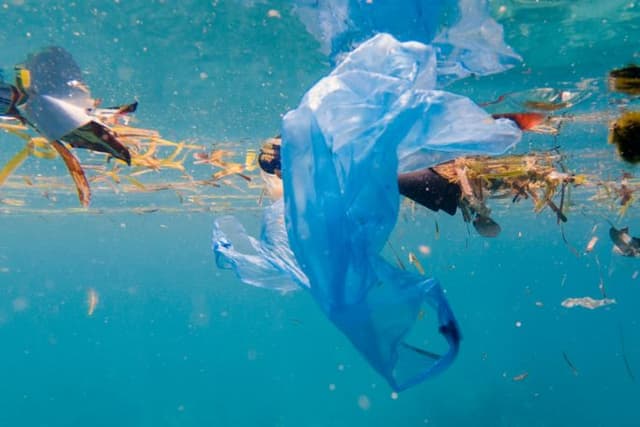
Take 3 - Investigating Ocean Connections
Lesson4 of 6 in this unit
SecondaryYear 7 - 10Humanities and Social SciencesGeographyEnvironmentalBiodiversityConservationOceans
Summary
Lesson Guides and Printables
Lesson Plan

Teacher Content Info


Lesson Plan

Teacher Content Info
